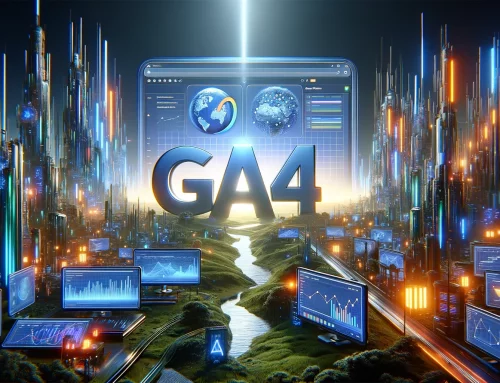How to Optimise Your Website for SEO in Christchurch
Search engine optimisation (SEO): everyone knows they need it, but few truly understand it. That’s just how Google and other search engines like it; they keep the rules of the game – the algorithm – closely guarded, so that no one can cheat the system.
This makes the process of gaining SEO expertise a difficult one. You can’t just read and follow a set of instructions – it’s a matter of trial and error, of hearing about the experiences of others, and of continually adjusting and improving your methods. In the last ten years Google has released no fewer than seven major algorithm updates, on top of endless tweaks that it makes almost daily to its service.

What then does good SEO in Christchurch look like? Never fear – at Traction we have done the hard yards for you. We’ve spent years learning Google’s likes and dislikes, and have taken a deep dive into each algorithm update to understand how it affects your SEO performance.
Let’s take a look at a list of the dos and don’ts of SEO for Christchurch businesses, to get an understanding of how you might be able to improve your current ranking.
The DOs of SEO in Christchurch
- Keyword in URL: The address of each of your web pages should feature relevant keywords.
- Keyword in title: The title, headings and subheadings of each webpage should feature relevant keywords.
- Keyword in domain name: Your domain name (the part of the URL that defines your organisation) will ideally feature a keyword.
- Normal keyword density on page: Keywords are important in the text of your webpages, although you want to avoid ‘keyword stuffing’.
- Proper formatting: Webpage content must be formatted in a way that makes it easy for Google to navigate.
- Link anchor text: The visible, clickable text in a hyperlink must be relevant.
- Internal links: Useful for establishing site architecture and spreading link equity.
- HTTPS: An extension of HTTP, the ‘S’ stands for secure, as all communication is encrypted.
- Fresh content: Google wants the content of your website to be high-quality and 100% unique.
- Old content: By building up a library of quality content, you position yourself as an authority.
- Quality outbound links: Linking to trusted sources shows that you can prove the statements you are making, increasing your trustworthiness in the eyes of Google.
- Authoritative inbound links: Even better than outbound links, inbound links demonstrate that other websites see you as an authority.
- Mobile friendly: Well over half of all web traffic is mobile. Your site needs to be mobile-friendly for Google to rank it highly.
The DON’Ts of SEO in Christchurch
- Copyright violations: Using copyrighted photos, videos or music without the proper permissions.
- Doorway pages: Doorway (aka portal, bridge or gateway) pages are created to deliberately manipulate search engine indexes.
- Broken internal links: All internal links should be functional.
- Frames/iframes: Iframes allow you to embed content from another website on your own, but come with risks around content duplication and crawler accessibility.
- Thin content: Content with little or no value to the site visitor.
- Too many ads: Spamming your visitors will result in SEO penalties.
- Duplicate content: Your website’s content must be unique. If you’ve copied anything from another site your ranking will fall dramatically.
- Paid/suspect links: Paying for backlinks or sourcing them from suspicious sites are ‘black hat’ SEO tactics that damage your ranking.
- Slow performance: Your website should load quickly.
- Javascript redirects: Automatically transferring a visitor from one page to another is generally viewed as untrustworthy by Google.
- Poor uptime: Maintaining and updating old content is vital if you are to show yourself to be a trustworthy source of info. Old, touched content is seen as out of date, while a complete lack of old content tells Google that you might be new to this, and shouldn’t be ranked highly.
- Too many external links: While citing sources is important, too many links – generally seen as 100+ on a single page – is also seen as a negative by Google.
To get help or to go it alone?
That’s a lot to consider, some of which may not mean much to those who haven’t dealt in SEO before.
It’s fair to say that to succeed with SEO in Christchurch, to get to the very top of Google for relevant keywords, you need to do more than a day course. With so much to consider, the majority quite technical, partnering with an expert is key if your organisation is to work its way up the rankings. That way you can enjoy high-quality SEO without getting your hands covered in messy algorithms.
That’s not to say that you should hand full control over to your SEO partner of choice. With Google only becoming more important to your success, getting a solid understanding of optimisation best practice is a fantastic use of your time. If you want to learn a little more about SEO, we recommend the following resources:
- SEO factors: A comprehensive breakdown of all the factors that contribute to your Google ranking.
- Algorithm changes: A complete list of every Google algorithm change from 2012 onwards.
- Google guidelines: Google’s official search quality evaluator guidelines.
- Google search blog: Google’s official search blog, where the company explains their latest changes to developers (without giving everything away.)
And while you study up, we at Traction are ready to kickstart your Christchurch SEO efforts.







